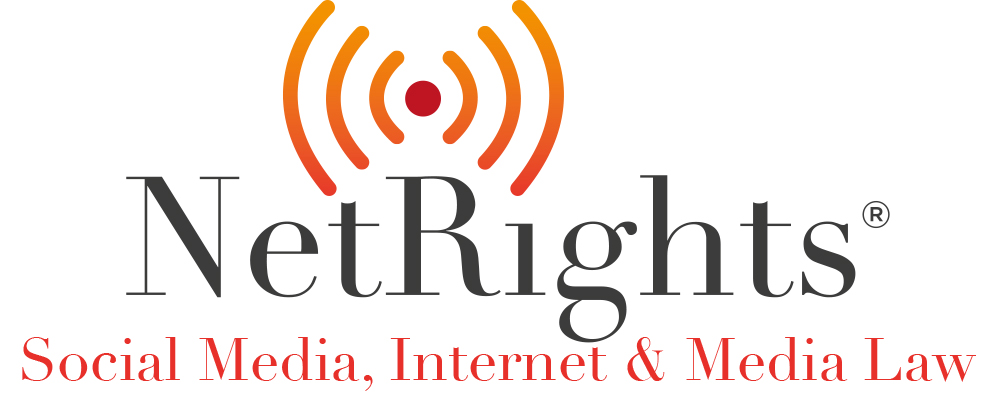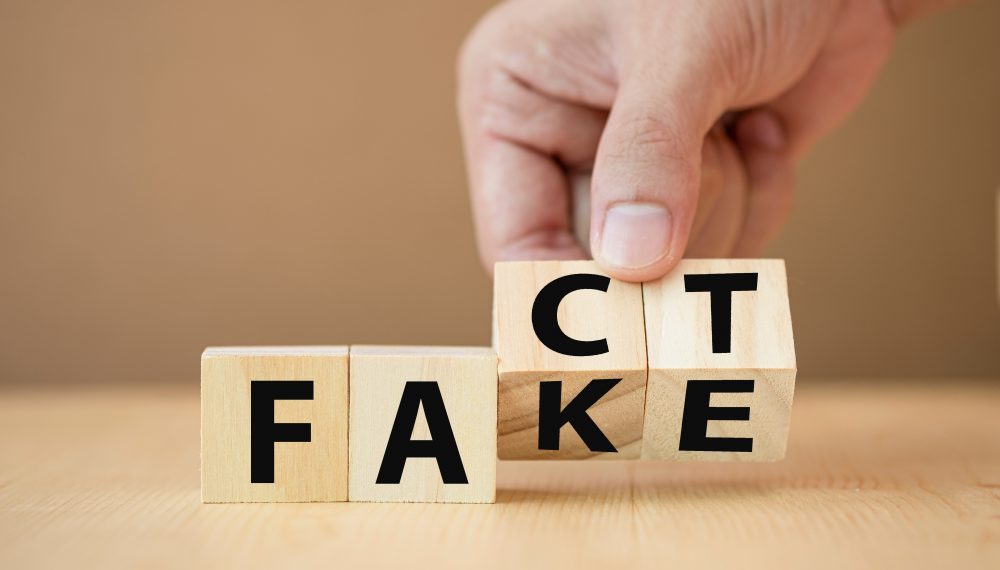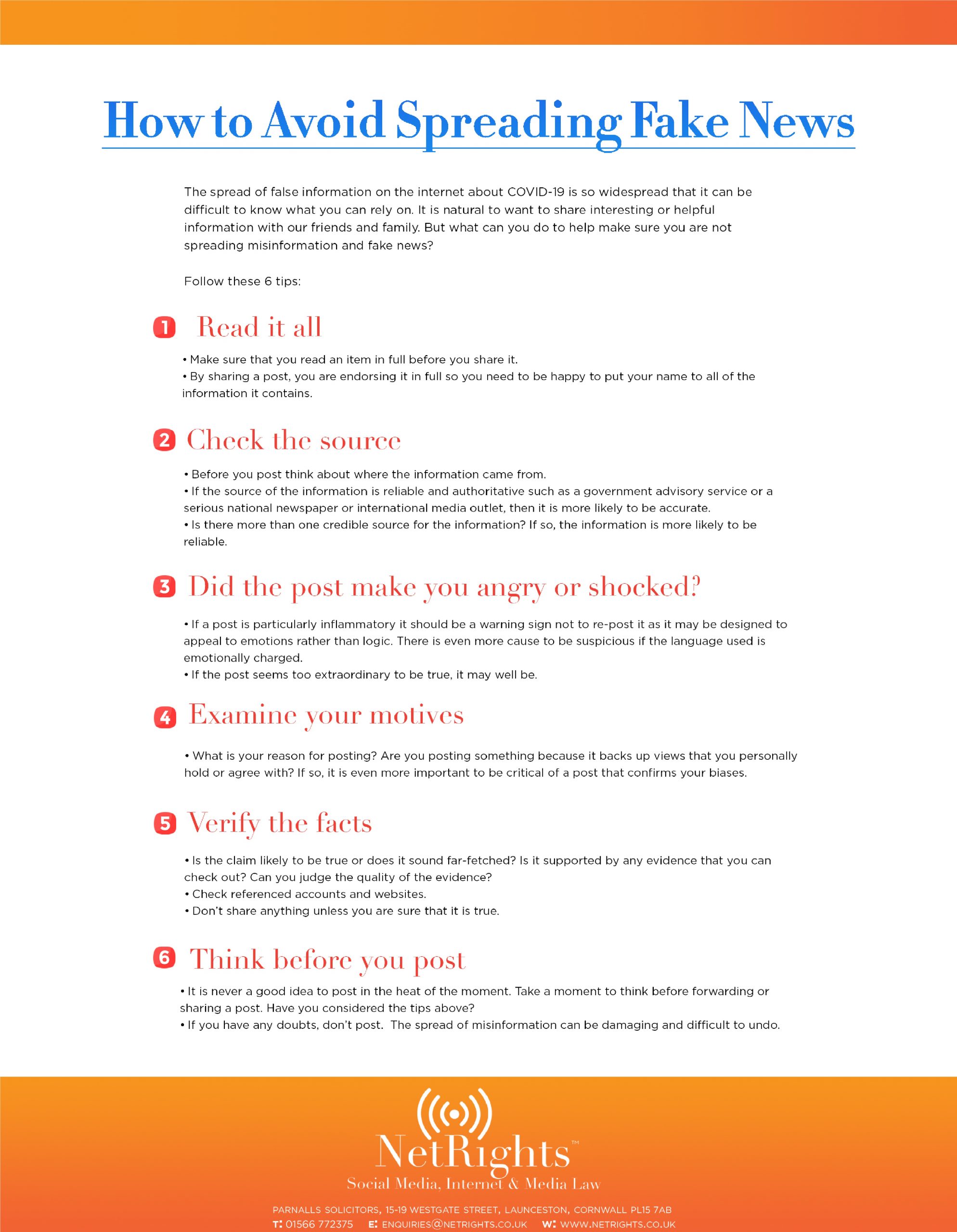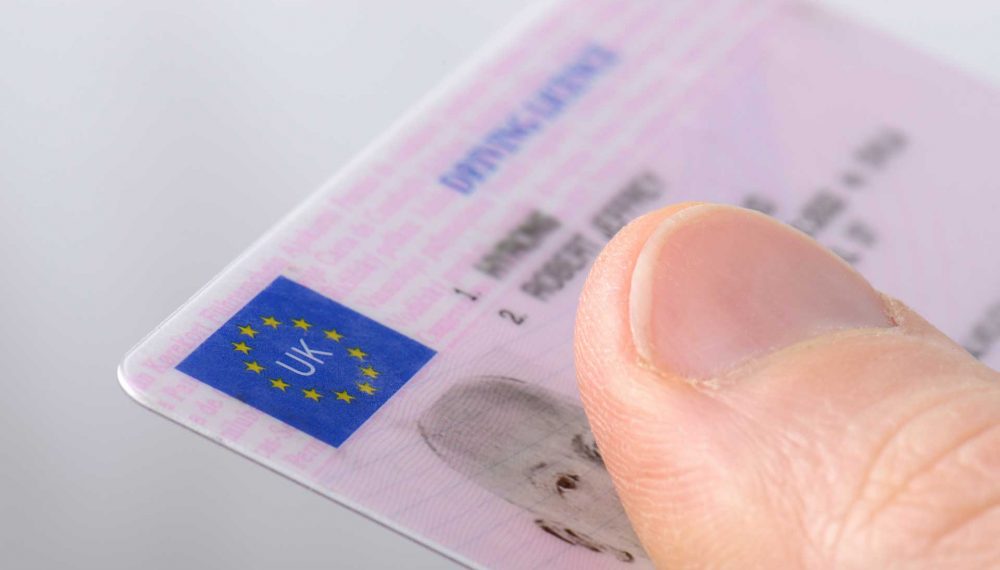Have you been targeted by negative social media posts?
A business reputation can be seriously damaged by false online posts and reviews, causing loss of customers and profits. Whether the derogatory posts are from a competitor or from a disgruntled employee, or from an unknown third person, the impact on your business can be considerable.
Your personal reputation can also suffer if you are targetted on social media. Negative social media posts may be from an ex-partner, a colleague, members of an online group or from an anonymous online “troll”.
Contrary to popular belief you do not have to just stand by and watch if you or your organisation are the subject of negative online posts. There are many things that can be done to seek urgent removal of the post/s, prevent further postings and restore damage to your reputation.
NetRights law firm can advise you on your options and implement an urgent response strategy. It is important to act quickly to minimise damage to your online reputation.
Visit www.netrights.co.uk for more information about what we can do to help you, or email us at enquiries@netrights.co.uk or telephone us on 020 7698 4427.











